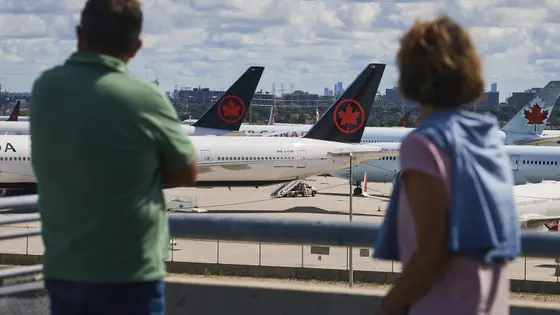T4K3.news
Flight Attendant Strike Ends as Arbitration Takes Effect
Canada imposes binding arbitration to end Air Canada strike; unions vow to challenge as the dispute heads to court.

A government order ends the Air Canada strike but triggers a constitutional clash as unions threaten legal challenges and warn of a dangerous precedent.
Flight Attendant Union Leaders Ready for Jail After Air Canada Strike Outlawed
Air Canada flight attendants began a strike on Saturday, halting national and international flights during peak travel season after months of stalled wage talks. Within hours, Ottawa used broad powers to impose binding arbitration on both sides, directing workers to resume duties and setting up a potential federal court challenge from the union which argues the move is unconstitutional.
Air Canada warned the disruption could affect as many as 130,000 travelers a day and later paused its guidance for the third quarter and full year as the stoppage continued. Union leaders condemned the move as a direct attack on workers’ rights and vowed to challenge the order in court, while the prime minister signaled concern for the workers and the need for fair pay in a tough market.
Key Takeaways
"There is no limit. We are going to stay strong."
Hancock on continued picket lines
"The Liberals have talked out of both sides of their mouths"
Lesosky on government stance
"Now when we are at the bargaining table the Liberals are violating our Charter rights"
Lesosky on charter rights claim
"Talks broke down"
Hajdu on talks collapse
The case tests how quickly a modern economy can resolve essential labor fights without crippling travel. Binding arbitration, used here as an emergency lever, shifts leverage away from workers and toward a neutral decision maker. It may calm markets in the short term, but it risks fueling a perception that essential staff must concede during a crisis.
For travelers and investors, the dispute is a reminder that economic convenience comes with political pain. The outcome will influence how unions and governments navigate future clashes in other highly visible sectors, and it will test the political capital of a government that has promised to protect workers while keeping the lights on for a busy season.
Highlights
- There is no limit we will stay strong
- The Liberals have talked out of both sides of their mouths
- Now when we are at the bargaining table the Liberals are violating our Charter rights
- Talks broke down
Arbitration raises political and financial risk
Using binding arbitration in a major national dispute may influence public trust, investor sentiment, and future negotiations. The move heightens political risk for the government and could trigger prolonged legal challenges and uncertainty for travellers and the airline.
The resolution will shape how urgent labor fights are managed when profits look strong and public services are at stake.
Enjoyed this? Let your friends know!
Related News
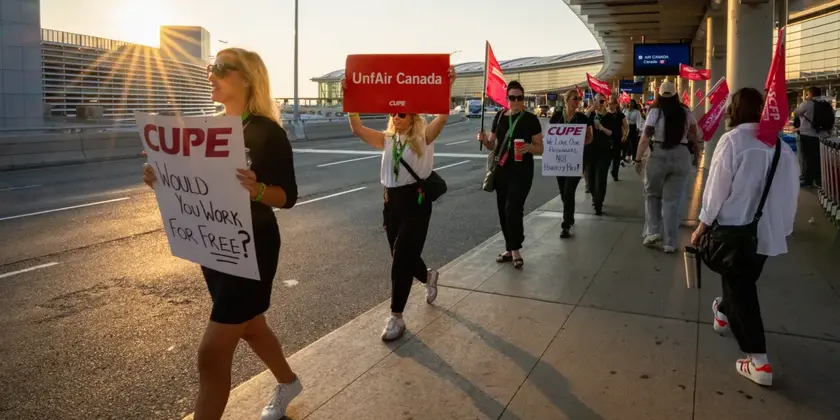
Air Canada arbitration ordered after strike
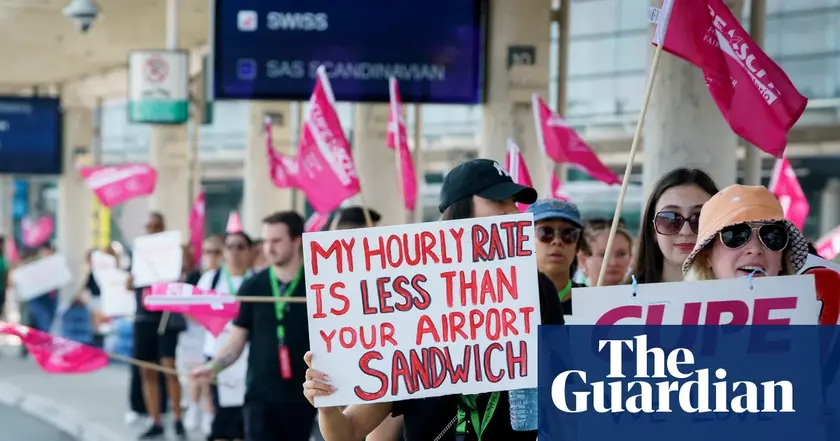
Air Canada strike escalates as government orders end to walkout
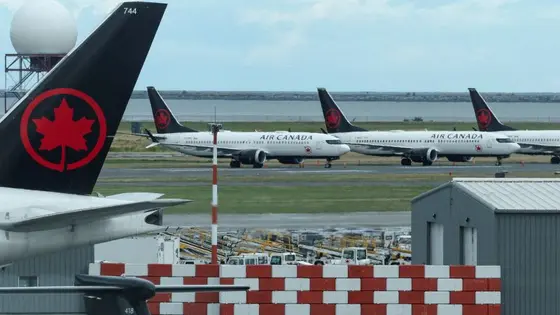
Air Canada resumes flights after government directive
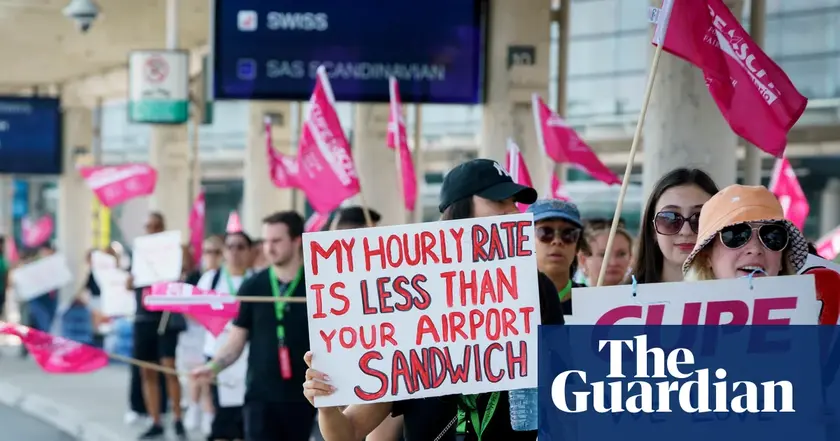
Air Canada strike ends as government orders return to work
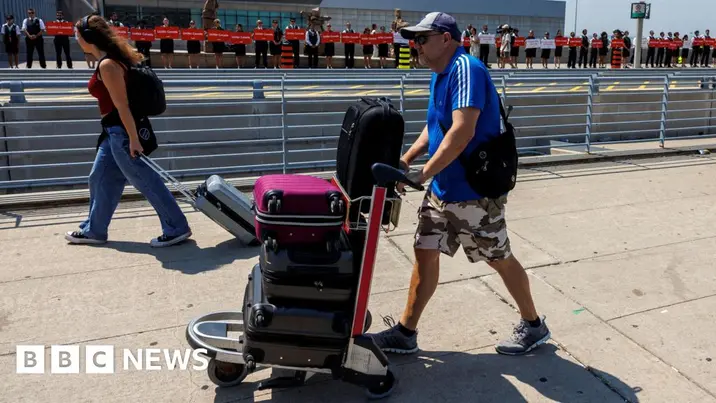
Air Canada Flights Grounded After Strike
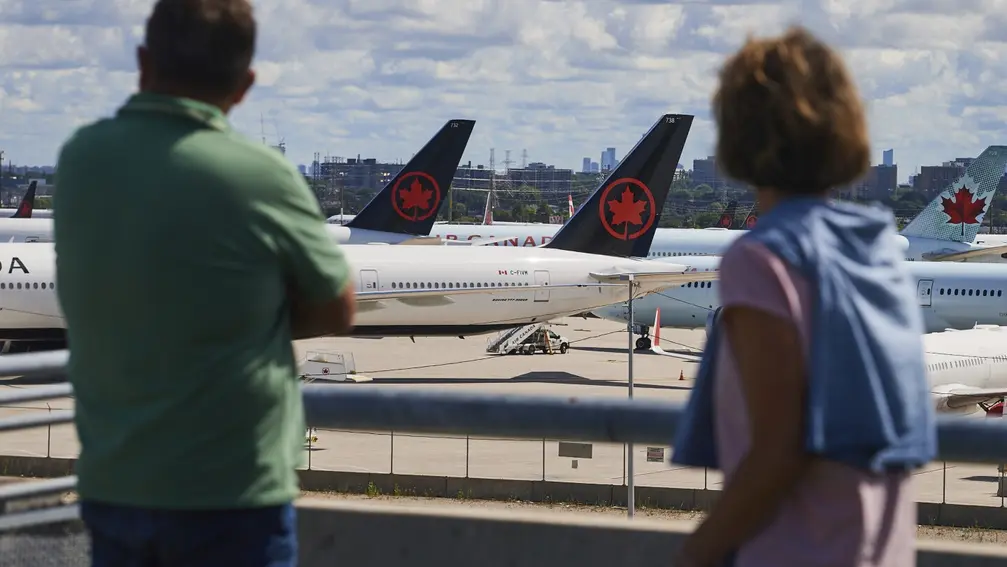
Air Canada strike ends with tentative deal
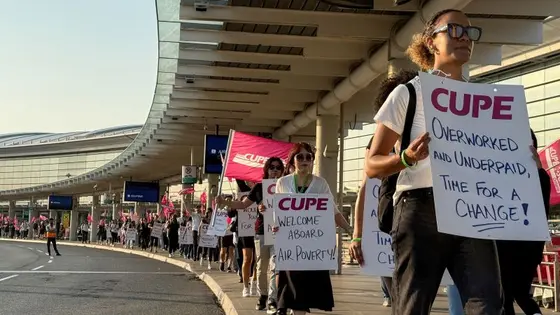
Air Canada strike continues after government order
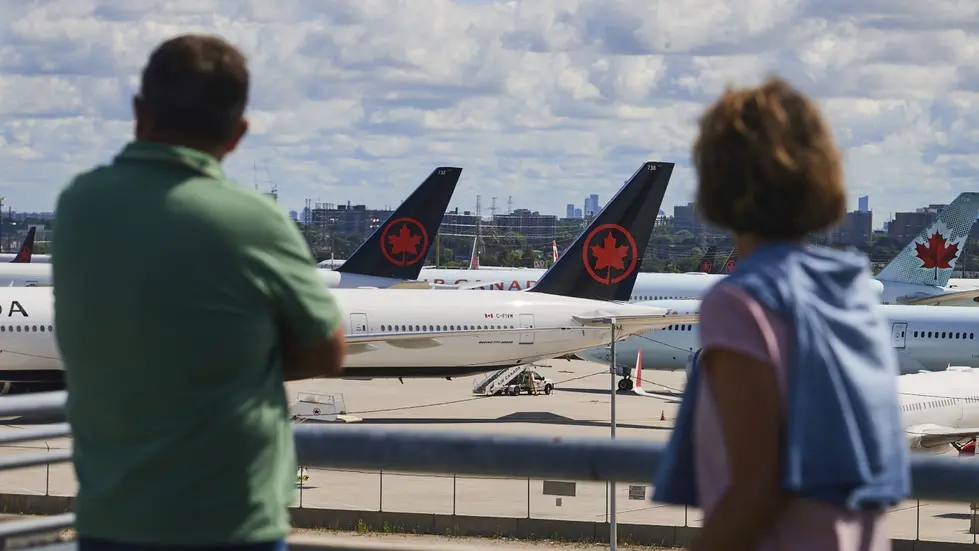
Air Canada resumes flights after strike ends
